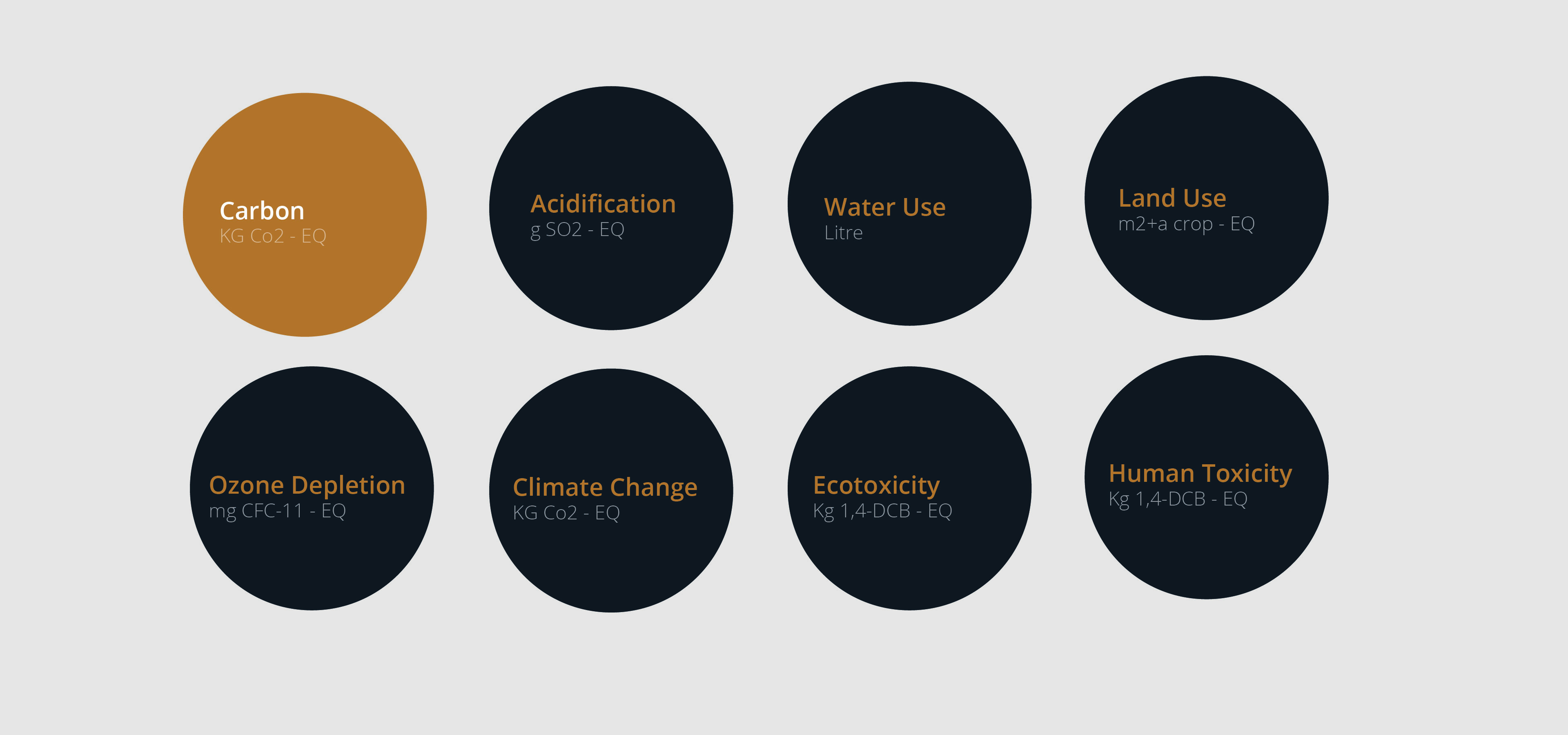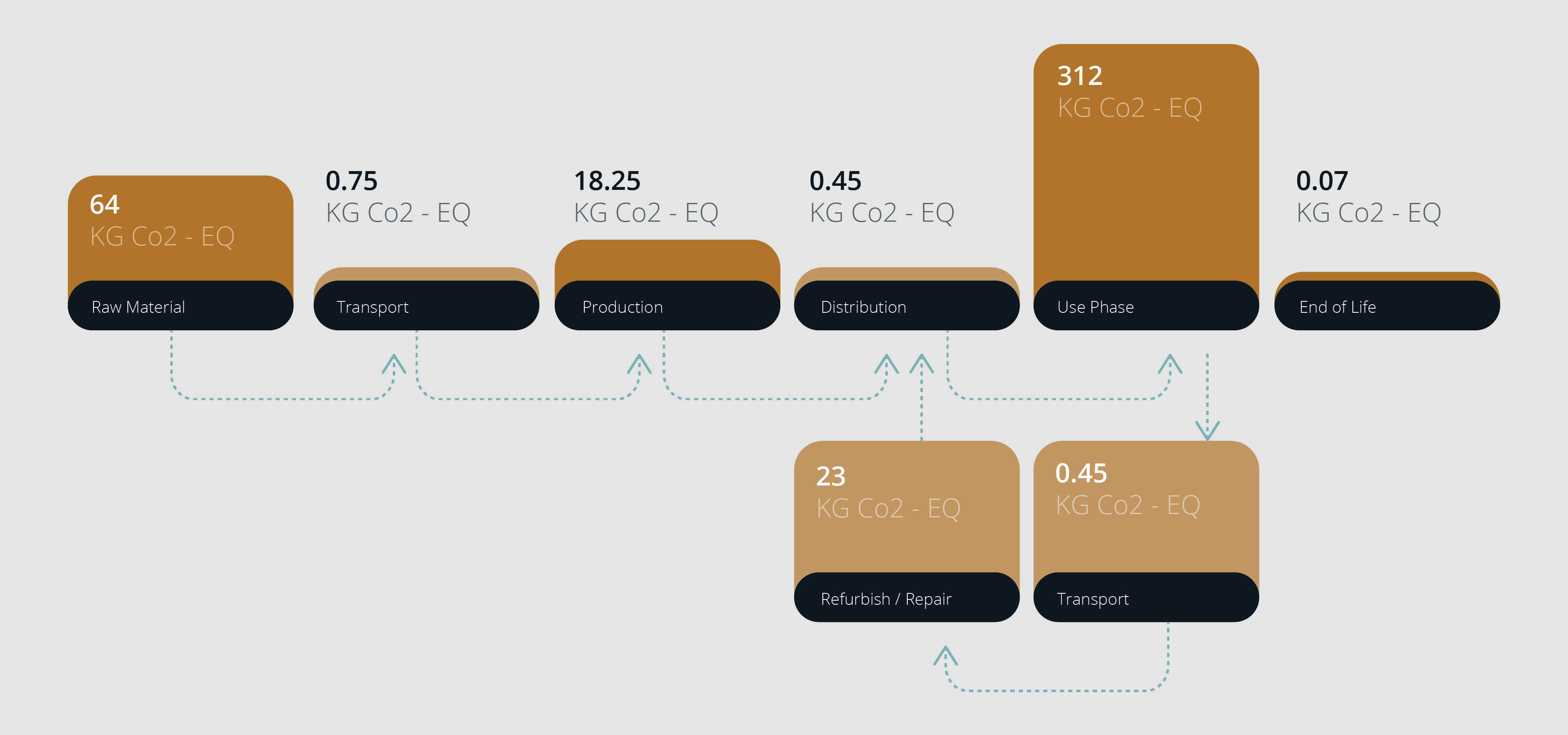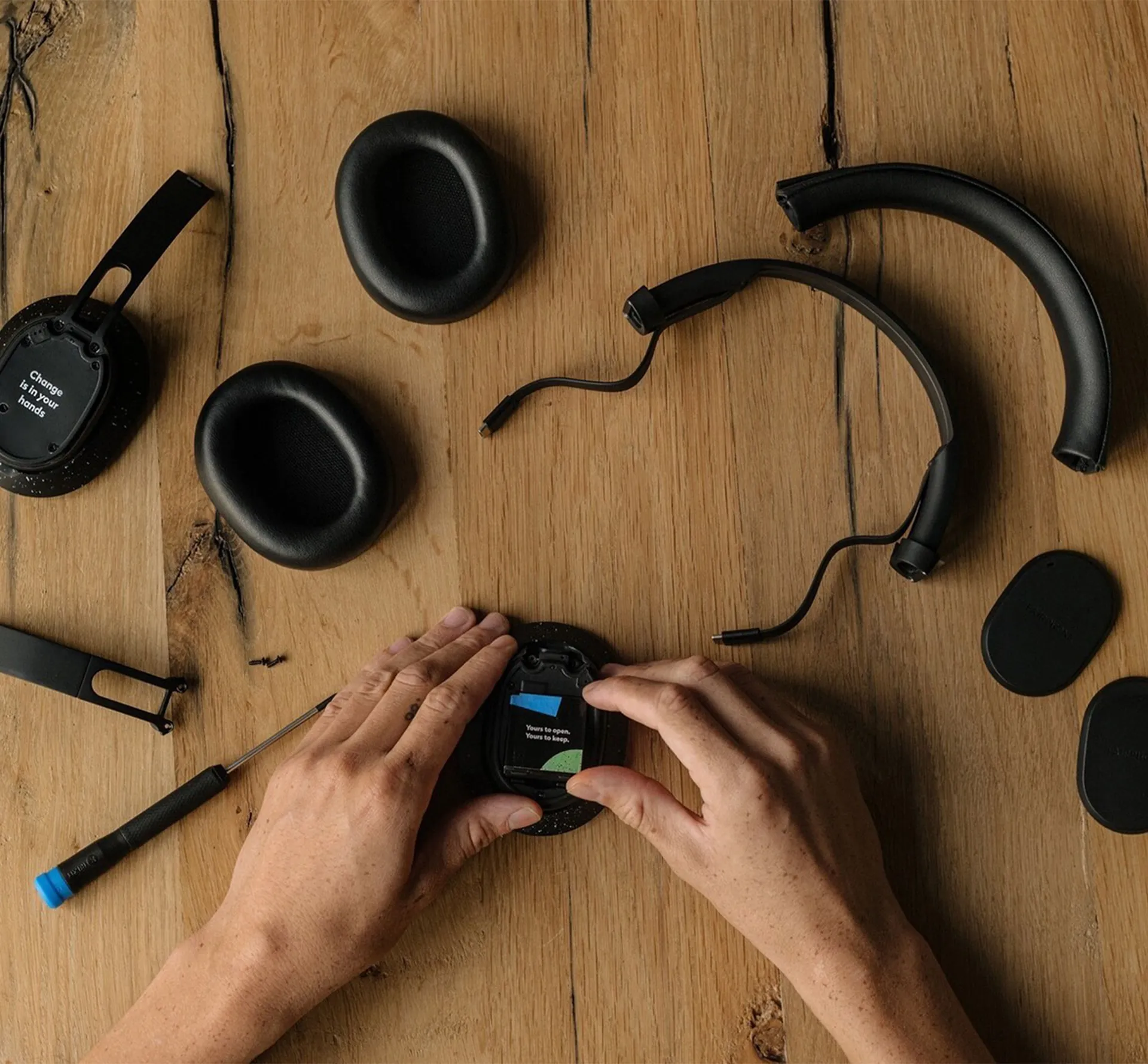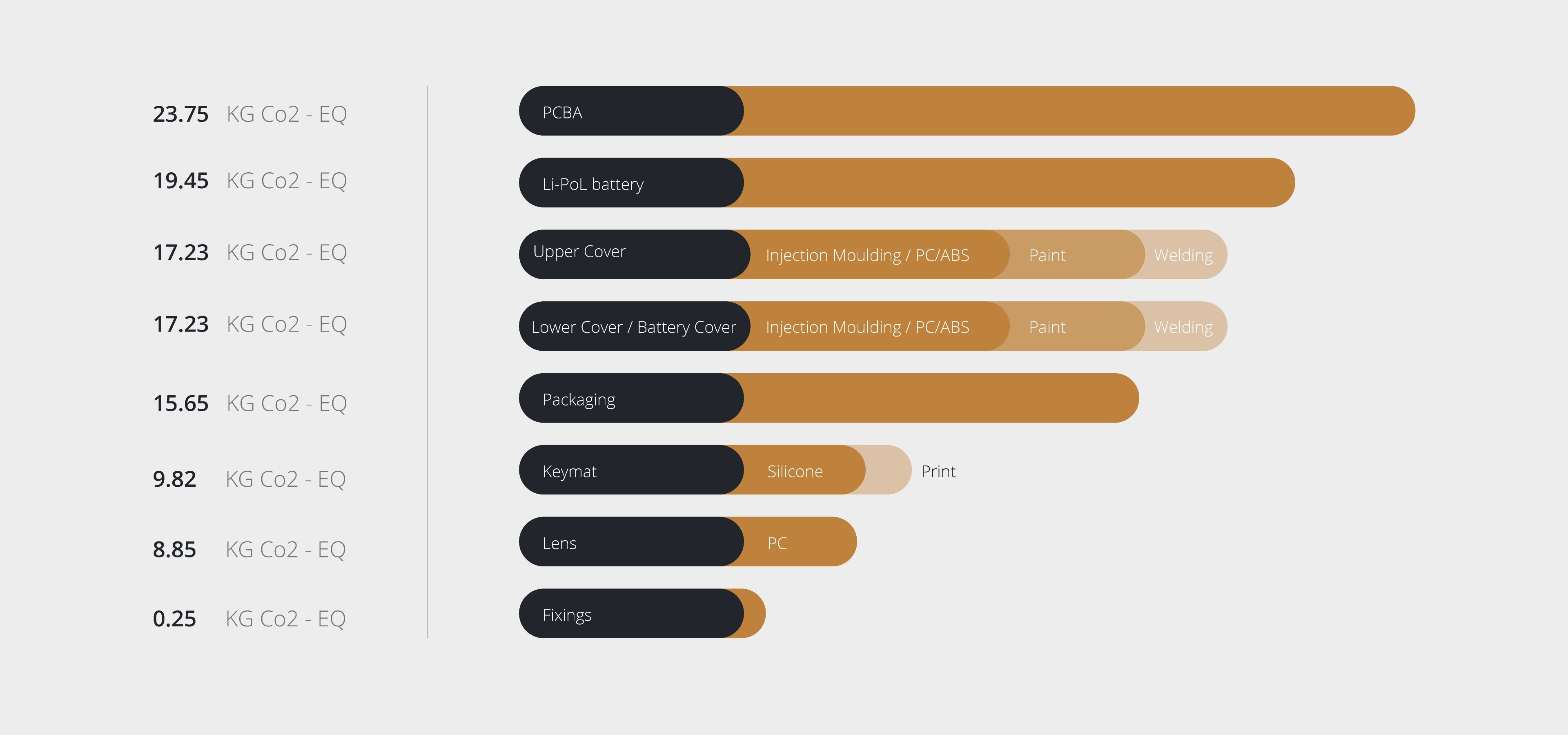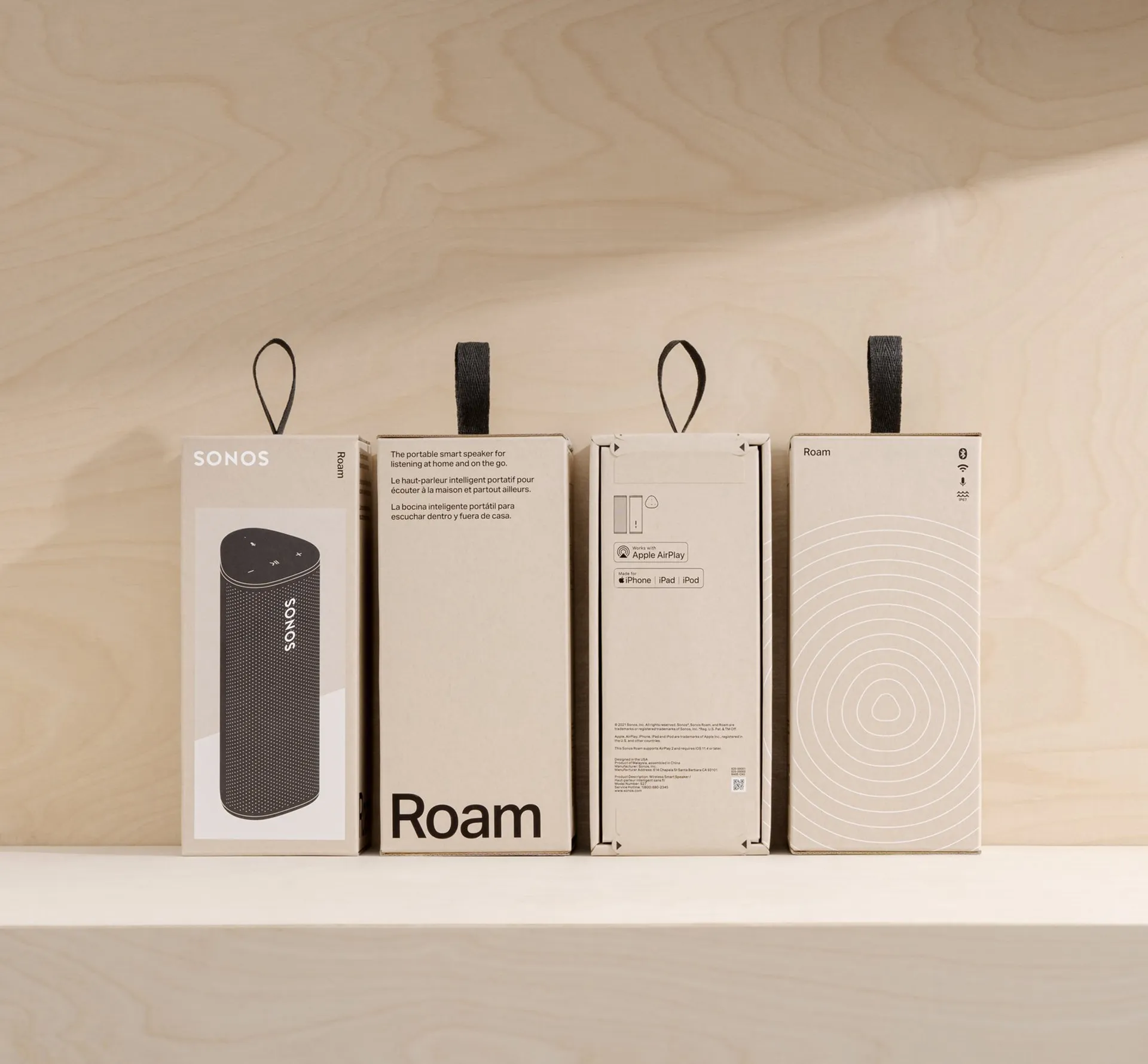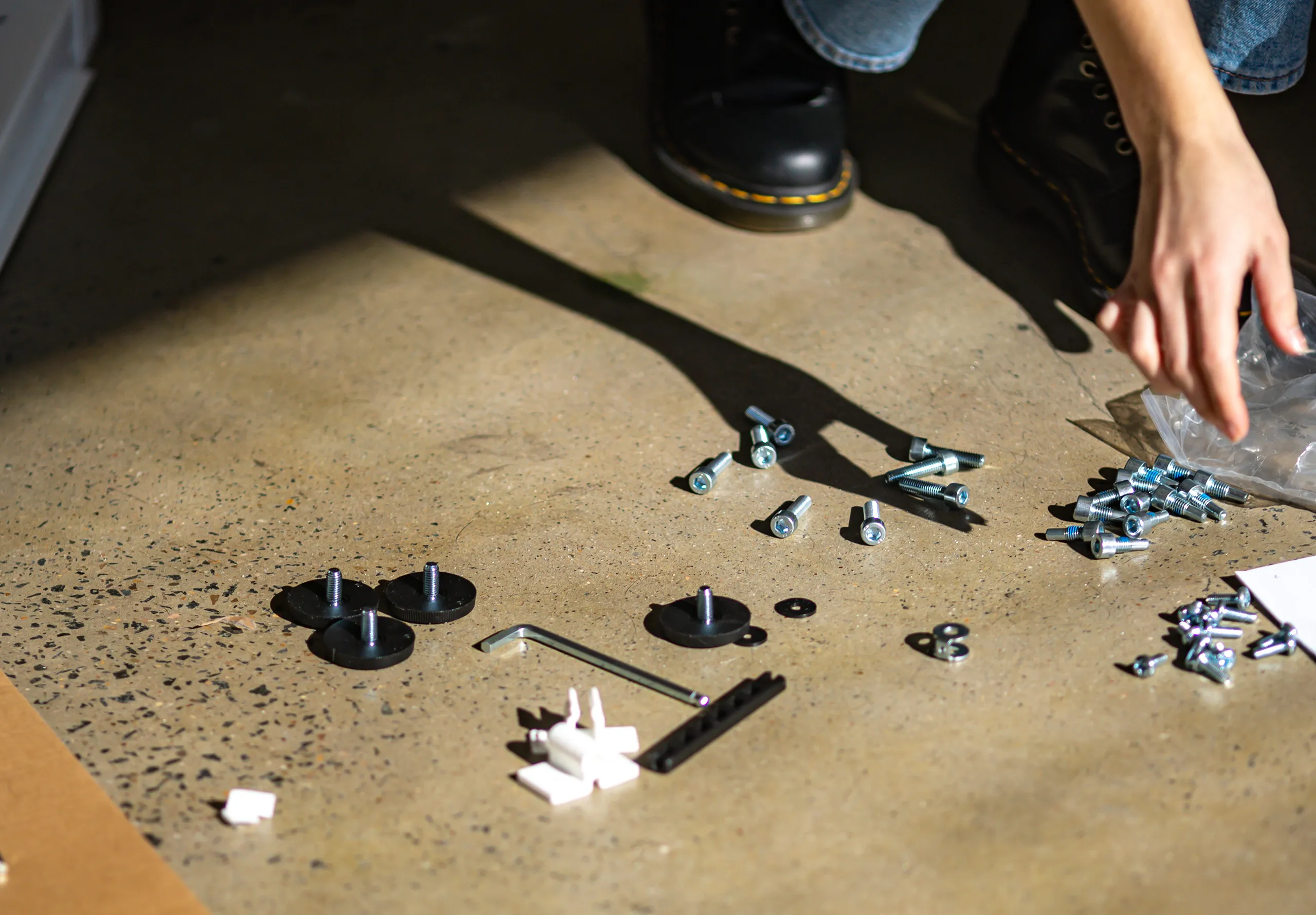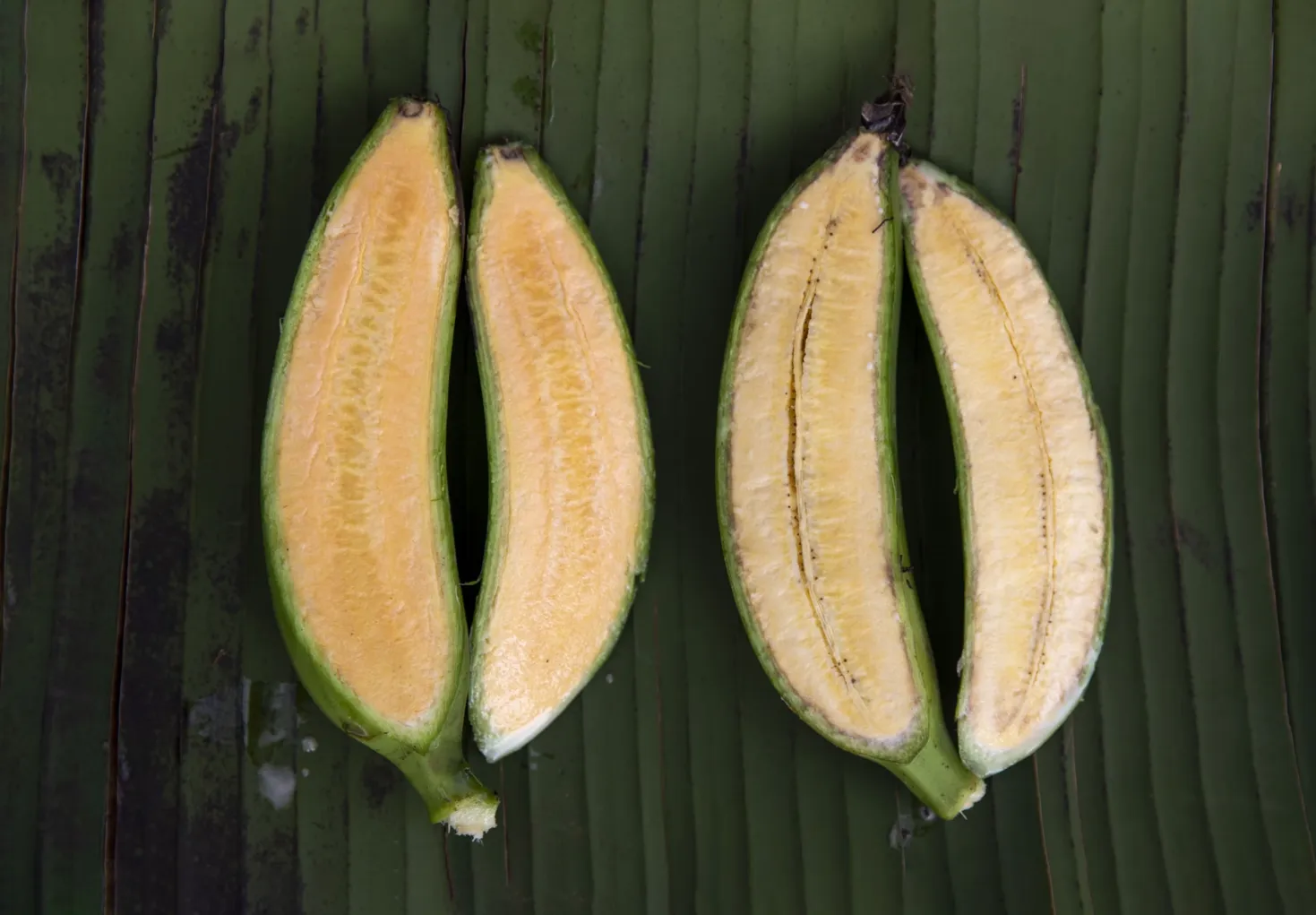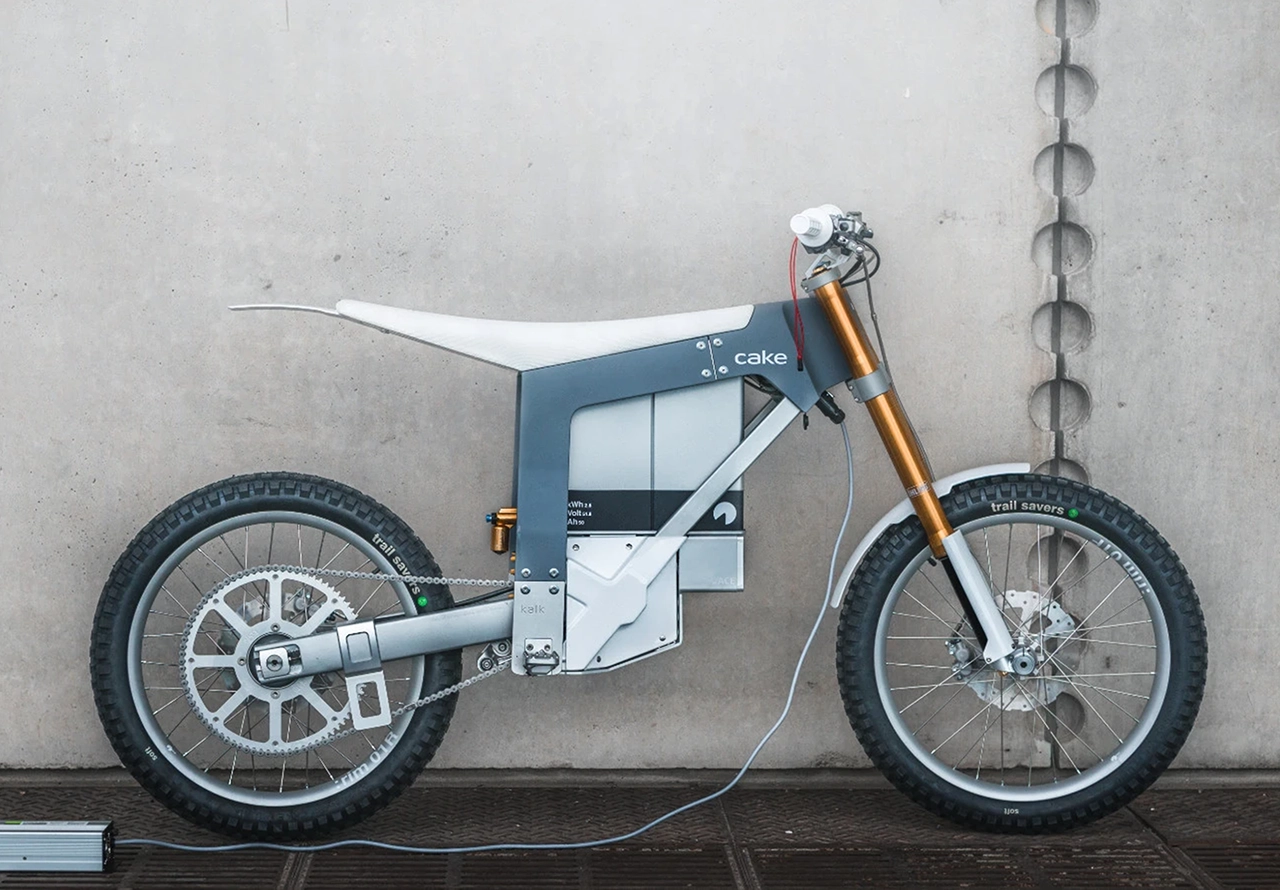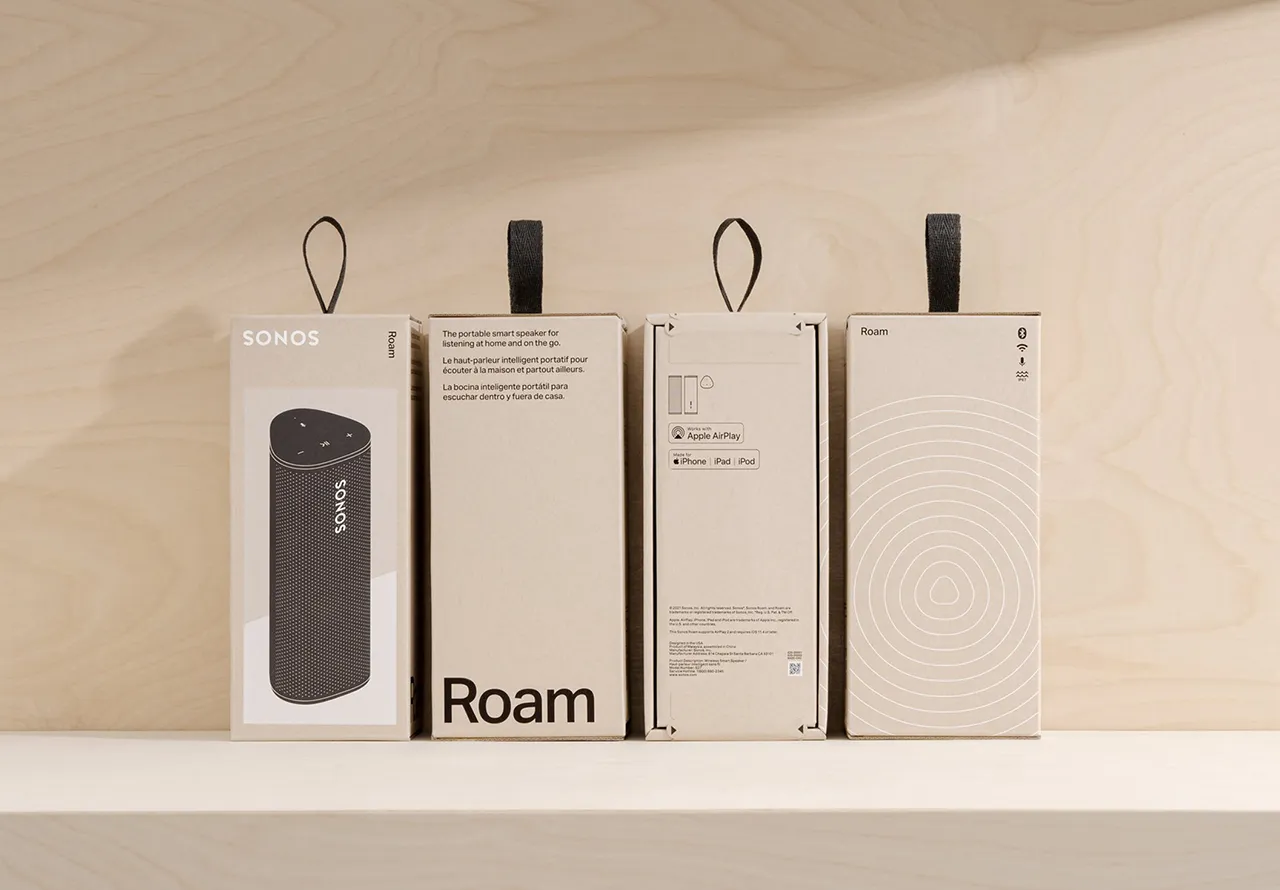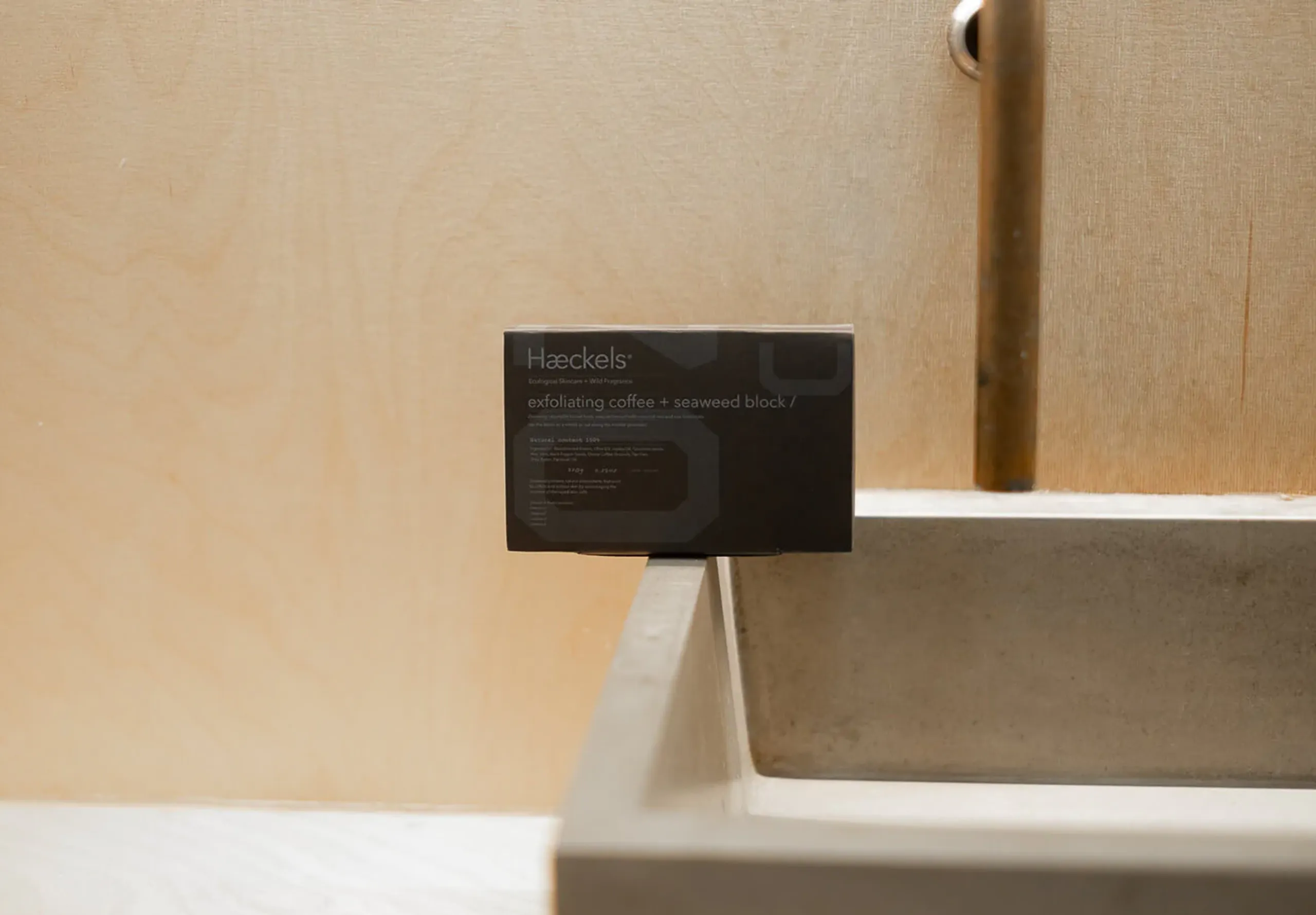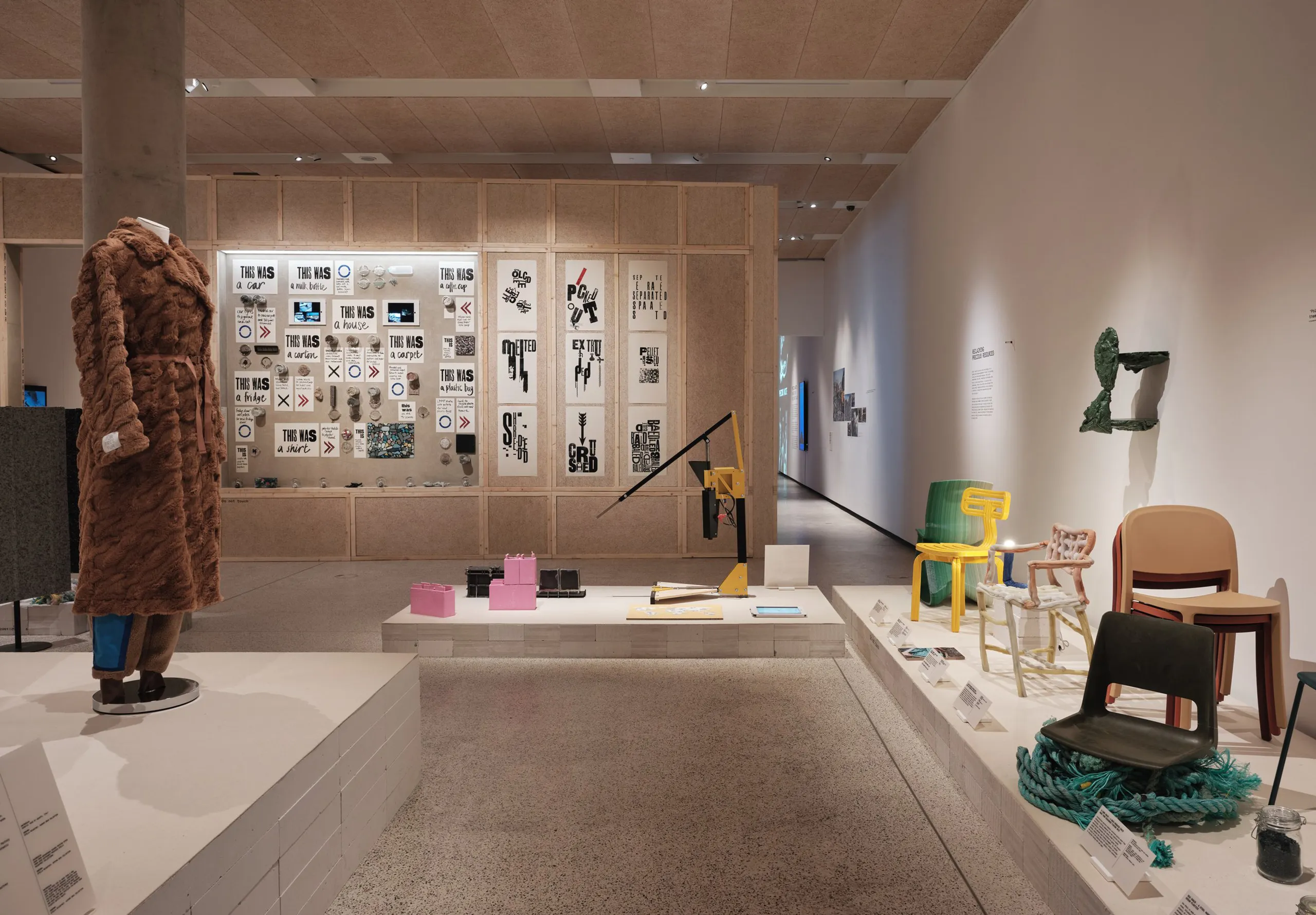Environmental Baseline
With global temperatures exceeding targets and climate commitments under intense scrutiny, proactive environmental impact management has evolved from a regulatory requirement to a crucial competitive advantage with designers at its heart.
Taking any environmental action is a positive start, but for designers and product developers, a Life Cycle Assessment (LCA) is perhaps the best first step towards revealing your organisation’s true impact. A comprehensive study might evaluate your entire value chain both upstream and downstream, or narrow its focus where necessary – perhaps looking at just upstream suppliers or the impact during manufacture.
In any case, the LCA process is the ideal way to target high-impact improvements and drive evidence-based transformation. In this piece, we dig deeper into the role of Life Cycle Assessments in setting a baseline for sustainable design.
The role of LCA in carbon management
Life Cycle Assessment (LCA) is a highly structured and powerful lens to understand and address broad environmental impacts including acidification, ecotoxicity and of course carbon. By analysing impacts across the entire lifecycle of a product—from raw material extraction to end-of-life—LCA pinpoints critical “hotspots” where impact peaks/environmental burden are highest. These insights enable design and product development teams to direct resources where they matter most, driving meaningful reductions in environmental harm.
Strategic benefits of establishing an LCA baseline
Driving better decisions
LCA can be used for insights to make informed, strategic decisions about resource allocation. For example, a hotspot analysis may reveal that the production phase contributes disproportionately to emissions, guiding investment toward cleaner technologies or process optimisation.
Reducing risks in a changing landscape
As regulatory landscapes tighten, having an LCA baseline minimises compliance risks and prepares businesses for future reporting requirements. Proactive transparency builds trust, reassuring investors, customers, and partners that sustainability efforts are robust and well-founded.
Building brand leadership
In recent years, sustainability has emerged as a defining factor for brand perception. Detailed impact reporting showcases commitment to accountability, strengthening stakeholder confidence and cementing your brand’s position as a leader in environmental stewardship.
Unlocking cost savings
Beyond impact reductions, LCA uncovers inefficiencies within the value chain. Optimising these areas often results in lower energy consumption, reduced material waste, and significant cost savings—benefits that directly bolster the bottom line.
Ensuring compliance
For companies aiming to achieve net-zero targets or meet Scope 1, 2, and 3 reporting requirements, LCA provides the data and transparency necessary for effective decision-making. Adopting internationally recognised standards like ISO 14040 and ISO 14044 ensures that the insights generated are precise, credible, and aligned with global benchmarks.
Starting off informed
Far from being a compliance-driven exercise, establishing an environmental baseline is the first step towards turning sustainability into a measurable advantage. By leveraging ISO-compliant methodologies, businesses not only ensure the precision and credibility of their data but also align with globally recognised standards that facilitate comparability and benchmarking.
The insights derived from an LCA directly empower product design teams to focus on high-impact areas, enabling precise interventions that reduce environmental impact and optimise resource efficiency.
Sustainability is shaping the future of commerce, and companies that take decisive, data-led measures today will define the marketplace of tomorrow.
If that’s your ambition, get in touch to book your impact assessment with us.

